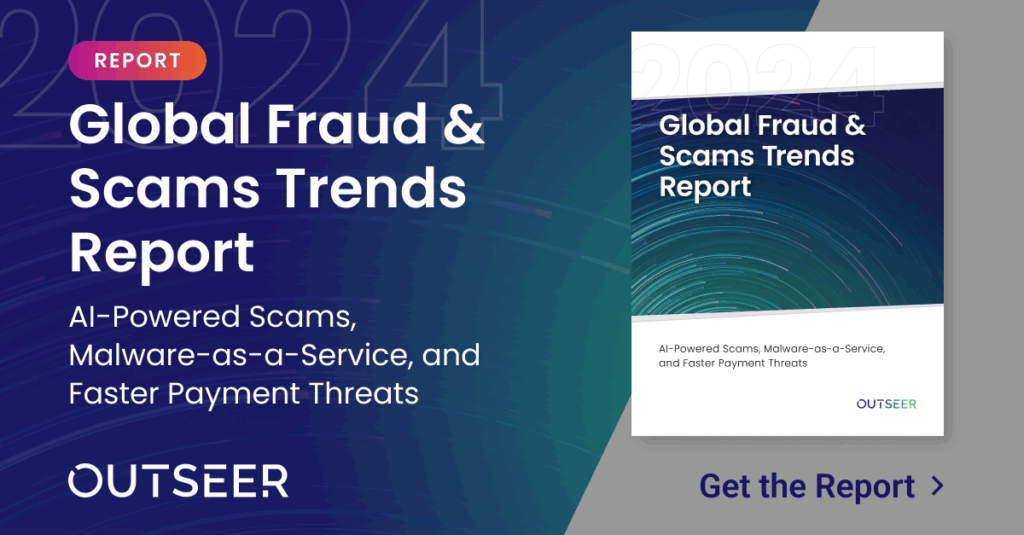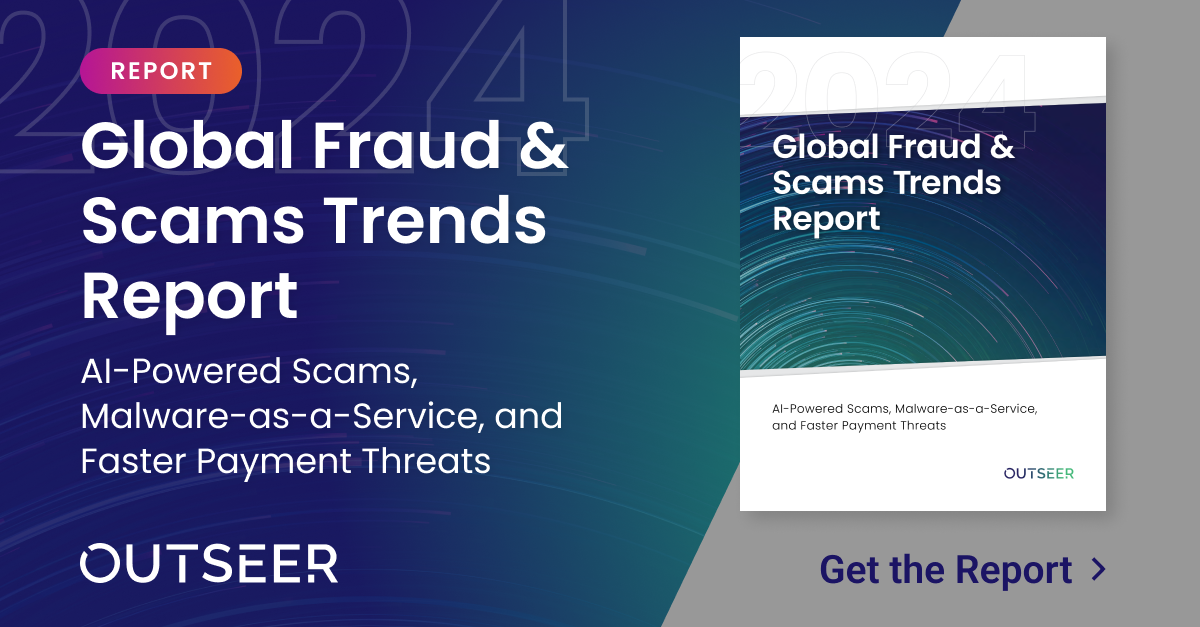
Navigating the Murky Waters: The “Scam Bible 2024” and How to Stay Safe
The internet, while a vast and invaluable resource, also harbors a darker side. The rise of online scams has become a significant concern, prompting the emergence of resources like the so-called “Scam Bible 2024.” This article aims to dissect the phenomenon of such guides, explore the types of scams they often highlight, and, most importantly, provide actionable steps to protect yourself from becoming a victim. Understanding the landscape of online fraud is the first step in staying safe. Knowing what constitutes a Scam Bible 2024 and the tactics employed by scammers is crucial for navigating the digital world.
What is the “Scam Bible 2024”?
The term “Scam Bible 2024” is often used (sometimes facetiously, sometimes earnestly) to describe a collection of information about various scamming techniques. It’s not a single, officially published book, but rather a conceptual compilation of knowledge about fraud. These “bibles” can exist in various forms: online forums, shared documents, or even word-of-mouth warnings. The information they contain aims to expose the methods used by scammers, ranging from phishing emails and investment schemes to romance scams and identity theft.
It’s important to note that the accuracy and ethical implications of such “bibles” are questionable. While some may genuinely aim to warn people, others might inadvertently provide a roadmap for aspiring scammers. The line between exposing a scam and enabling it can be thin.
Common Scams Highlighted in “Scam Bible 2024”-Type Resources
These unofficial guides often cover a wide range of scams. Here are some of the most prevalent:
- Phishing Scams: These involve deceptive emails, text messages, or websites that impersonate legitimate organizations to steal your personal information.
- Romance Scams: Scammers create fake online profiles to build relationships with victims, eventually manipulating them into sending money.
- Investment Scams: These promise high returns with little to no risk, often involving fraudulent investment opportunities.
- Identity Theft: Stealing someone’s personal information to commit fraud, such as opening credit accounts or filing taxes.
- Job Scams: Fake job postings that require upfront payments or ask for sensitive information.
- Tech Support Scams: Scammers pose as tech support representatives to gain access to your computer and steal your data.
- Lottery and Sweepstakes Scams: Claiming you’ve won a lottery or sweepstakes but requiring you to pay fees to claim your prize.
- Cryptocurrency Scams: Fraudulent schemes involving cryptocurrencies, such as pump-and-dump schemes or fake ICOs.
A resource like the Scam Bible 2024 would likely detail the specific tactics used in each of these scams, offering examples of email text, website designs, and social engineering techniques.
The Evolving Landscape of Scams in 2024
Scams are constantly evolving, adapting to new technologies and vulnerabilities. In 2024, we’re seeing a rise in scams that leverage AI and deepfakes. For example, scammers can use AI to create realistic fake videos or audio recordings to impersonate someone you know and trick you into sending money or sharing information. The increased use of cryptocurrency also provides new avenues for fraud, as transactions can be difficult to trace.
The Scam Bible 2024, if it existed as a constantly updated resource, would need to incorporate these emerging trends to remain relevant. It would need to address the dangers of AI-generated scams, the complexities of cryptocurrency fraud, and the evolving tactics of phishing and social engineering.
Protecting Yourself: A Practical Guide
While a “Scam Bible 2024” might offer insights into the minds of scammers, the best defense is a proactive approach to online safety. Here are some essential steps you can take to protect yourself:
Be Skeptical of Unsolicited Communications
Never click on links or open attachments from unknown senders. Be wary of emails, text messages, or phone calls that ask for your personal information, especially if they create a sense of urgency.
Verify Information Independently
If you receive a message claiming to be from a legitimate organization, contact them directly through their official website or phone number. Don’t use the contact information provided in the suspicious message.
Use Strong, Unique Passwords
Create strong, unique passwords for all your online accounts. Use a password manager to generate and store your passwords securely. Avoid using the same password for multiple accounts.
Enable Two-Factor Authentication
Whenever possible, enable two-factor authentication (2FA) to add an extra layer of security to your accounts. 2FA requires you to enter a code from your phone or another device in addition to your password.
Keep Your Software Updated
Install software updates promptly to patch security vulnerabilities. This includes your operating system, web browser, and antivirus software.
Be Careful What You Share Online
Limit the amount of personal information you share on social media and other online platforms. Scammers can use this information to target you with personalized scams.
Monitor Your Accounts Regularly
Check your bank accounts, credit reports, and other financial accounts regularly for any unauthorized activity. Report any suspicious transactions immediately.
Trust Your Gut
If something seems too good to be true, it probably is. Trust your instincts and be wary of any offer that seems suspicious or too good to be true. Consider consulting with a financial advisor before making any investment decisions.
The Role of Education and Awareness
Beyond individual precautions, education and awareness are crucial in combating online scams. Public awareness campaigns can help people recognize common scams and avoid becoming victims. Schools and community organizations can play a role in educating people about online safety. The more informed people are, the less vulnerable they will be to scams.
The concept of a Scam Bible 2024 highlights the need for ongoing vigilance and education. As scammers become more sophisticated, we must adapt our strategies to stay ahead of the curve. By staying informed, being skeptical, and taking proactive steps to protect ourselves, we can navigate the online world with greater confidence and security. Reporting scams to the appropriate authorities can also help to prevent others from becoming victims. [See also: Reporting Cybercrime: A Guide to Protecting Yourself and Others]
Conclusion: Staying Ahead of the Scammers
While the “Scam Bible 2024” may be a somewhat sensationalized concept, the underlying need for awareness and education about online scams is very real. By understanding the tactics used by scammers, staying informed about emerging threats, and taking proactive steps to protect ourselves, we can significantly reduce our risk of becoming a victim. The internet is a powerful tool, but it’s essential to use it responsibly and with caution. Remember to always be skeptical, verify information independently, and trust your gut. Your online safety is your responsibility.
Ultimately, staying safe online requires a combination of individual responsibility, education, and collaboration. By working together, we can create a safer online environment for everyone.

